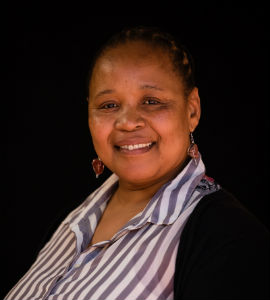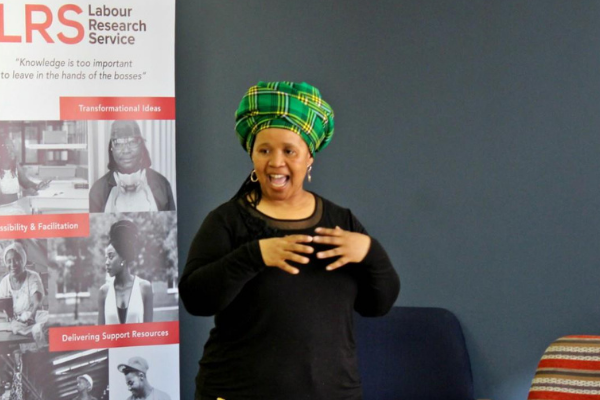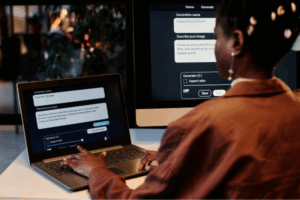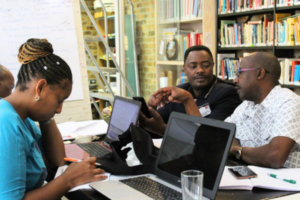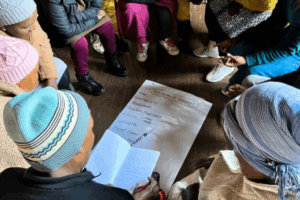My work involves changing and challenging patriarchal norms that support violence and the means it uses to thrive in society. We’ve established that patriarchy uses violence to control women. As a gender activist and feminist, I have always been intrigued by the issue of violence and how it is normalised in our society. I am perturbed that the issue of violence, especially Gender-Based Violence (GBV) becomes public discourse only when there’s been a gruesome incident. Initially, our Gender Equality Programme focused on domestic violence. But, we soon realised violence is entrenched in institutions and organisations, and in all levels of our society. The violence is physical, emotional, financial and very much gendered.
On average, one in five South African women older than 18 have experienced physical violence. Thousands of women and children are psychologically harmed by gender-based violence and suffer long-term trauma and harm to their lives.
Our Gender Programme work addresses inequality, labour rights issues and violence and harassment at the workplace. The objective is to link the lived experiences and working conditions of women and ensure they are equal and pleasurable. At the community level, we support activists and stakeholders to come together and find the best solutions for dealing with their issues.
Dealing with the trauma of others
Often the horrific stories emerge not because of the training we provide, but because the survivors feel safe to speak out in our spaces.
Definition - Vicarious trauma
...is the emotional residue of exposure that counsellors have from working with people as they're hearing their trauma stories and become witnesses to the pain, fear, and terror that trauma survivors have endured.
I am a woman who is exposed to suffering and distressful material during my professional or research work. It’s easy to internalise other people’s trauma and this I know intimately. The question is, how can I as a facilitator become more resilient?

